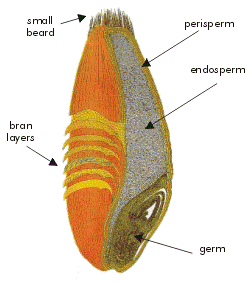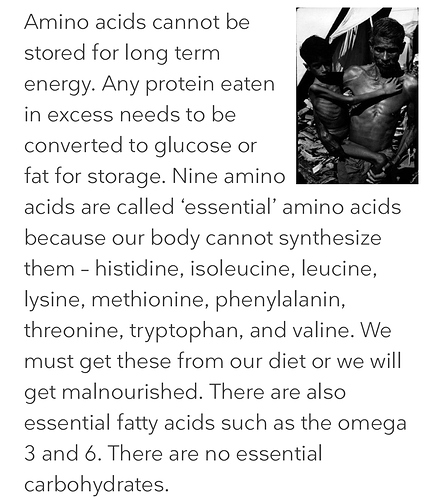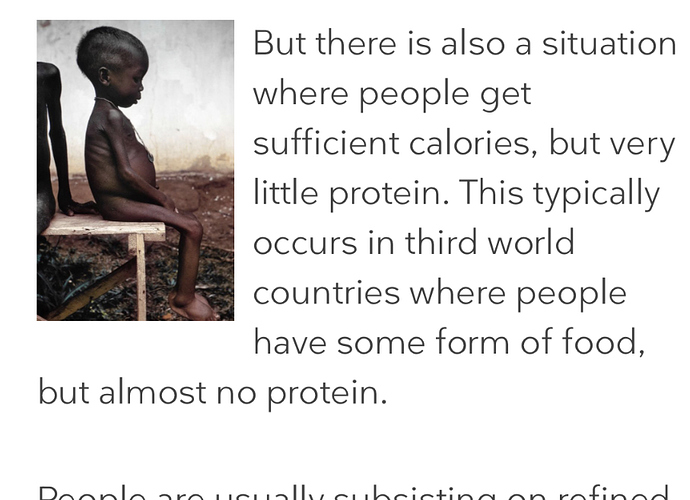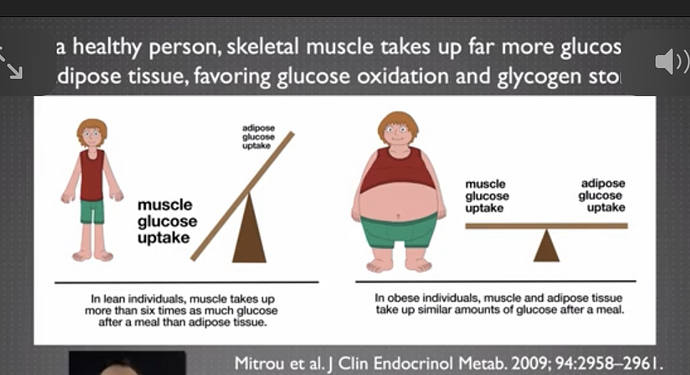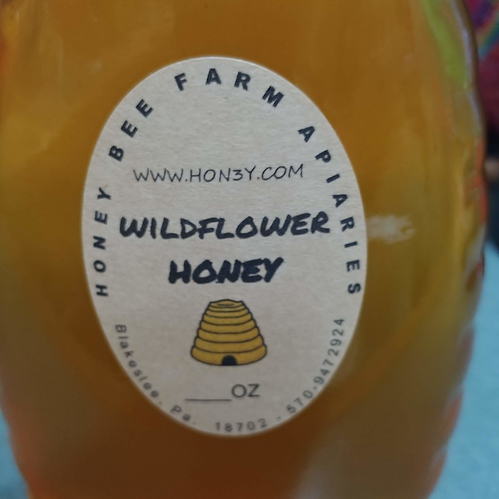This has to do with visceral adiposity being that high fructose corn syrup (HFCS) DOES NOT trigger insulin and DOES NOT increase blood glucose but the liver coverts it directly into visceral fat which then in turn accumulates in microscopic particles inside the internal organs like the liver and pancreas and around them and by receding the GLUT4 insulin regulated glucose transporter found primarily in adipose tissues and striated skeletal muscle and cardiac tissue, hence a “…17% decrease in insulin sensitivity?
References:
[1] DISCOVERY OF INHIBITOR OF FRUCTOSE TRANSPORTER OFFERS NOVEL TREATMENT FOR DIABETES AND CANCER: “…Fructose is a naturally occurring carbohydrate. Also called fruit sugar, it is found in fruits, most root vegetables and honey and is absorbed directly into the blood stream during digestion. Commercially, fructose is extracted from sugar cane, sugar beets and corn as high-fructose corn syrup and used as a sweetener in numerous processed foods and drinks to enhance taste and browning. It is the sweetest of all the naturally occurring carbohydrates such as glucose and sucrose and cheapest to produce. As a result, many individuals consume extremely high amounts of this carbohydrate every day. Fructose consumption has increased by almost 50% among U. S. adults in the last 30 years. …” …More

